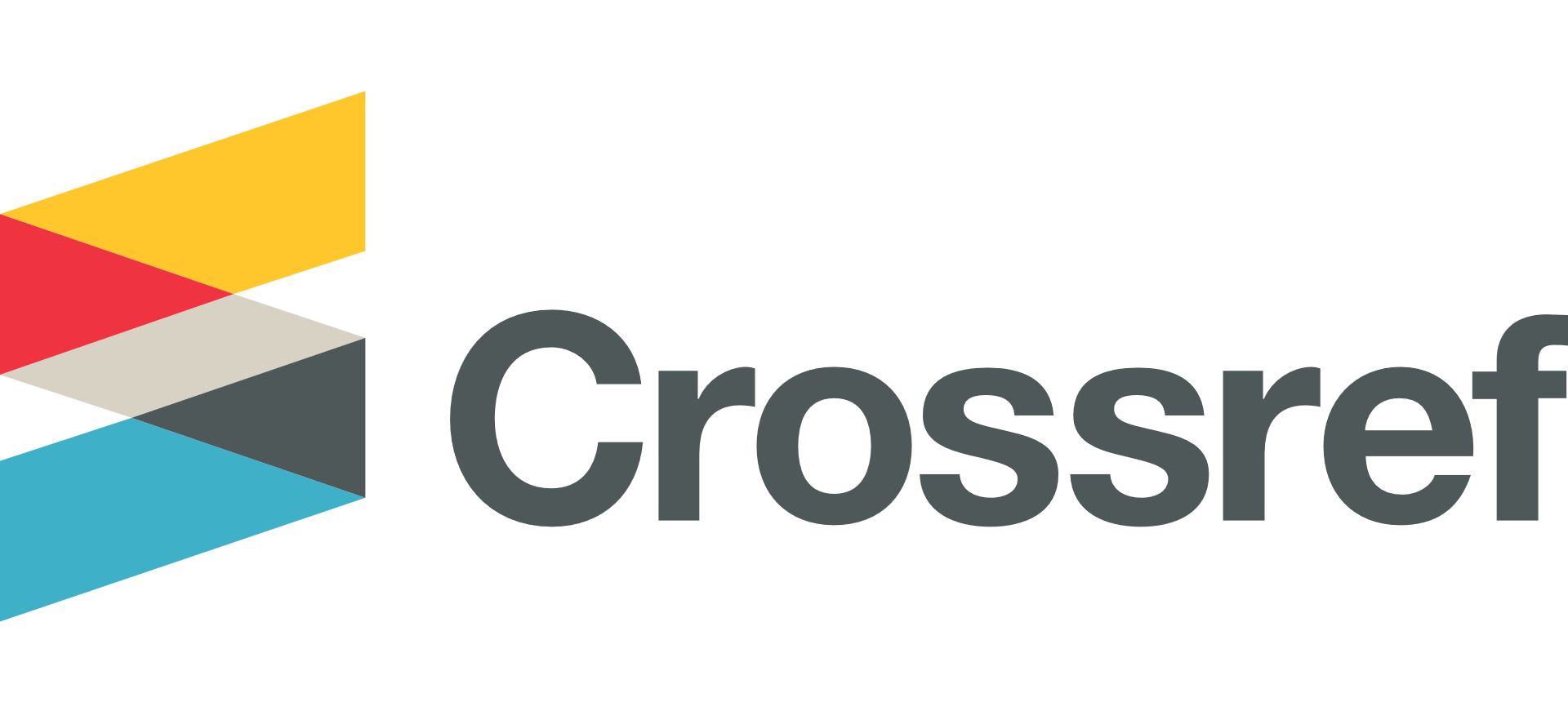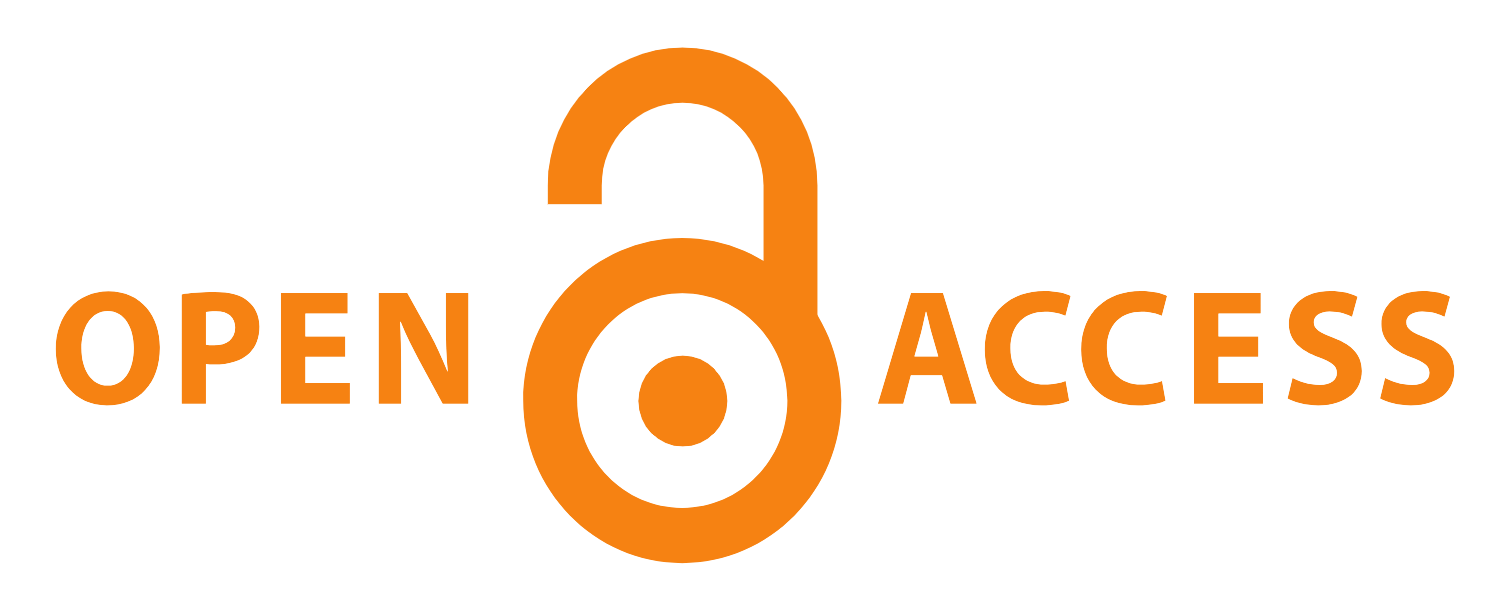Current Accessibility Challenges and Perspectives for People with Visual Impairments in Tabletop Games
Abstract
Much has already been discussed about the educational benefits of playing Tabletop games. However, as United Nations’ Sustainable Development Goal (SDG) 4.5 points out, there still exist many disparities in the access to quality education by vulnerable groups. This paper aims to address some of the factors that contribute to this disparity in regard to people with visual impairments in Brazil. Beyond that, there is a much more dire barrier of access to: the majority of information about the games is presented visually. In practice, people with visual impairments have to rely on the “goodwill” of other people to try and adapt the games for them, who are generally their teachers, friends or relatives. Lastly, this paper presents some accessibility criteria to be considered when designing board games for people with visual impairments, as well as present the Design in Partnership approach as a viable method to design more meaningful games for this context.
Downloads
This work is licensed under a Creative Commons Attribution-NonCommercial-ShareAlike 4.0 International License. The rights of each article are attributed to their author(s).









